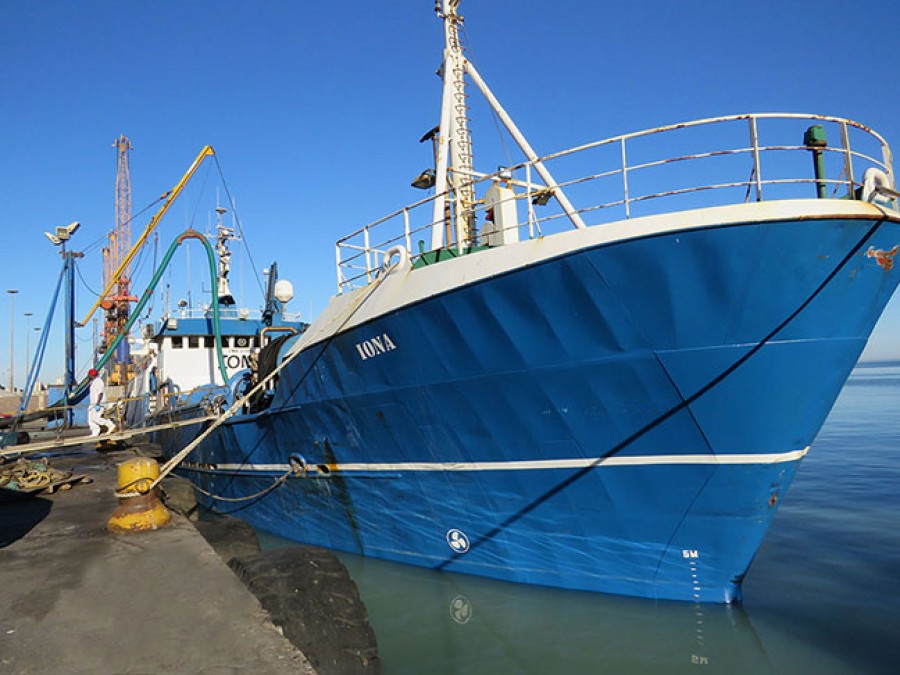
Poor catches in foreign waters have forced Etosha
Fishing Corporation to sell all three of its purse seine vessels resulting in
the retrenchment of 19 employees.
The three-year ban on local pilchard catches imposed
in 2018 has left the company with no other choice but to deploy its purse seine
vessels to neighbouring Angola and other foreign fishing grounds in an effort
to sustain jobs and the running costs of these vessels.
“Low catch rates have compounded the financial burden
of operating our vessels in foreign waters, which has left the company with no
other choice but to sell all our purse seine vessels. This means that we are no
longer in a position to provide employment to the crew of these vessels,”
Nezette Beukes, Acting MD of Etosha Fishing explains. She adds that some of the
employees affected are net workers. The three vessels are the Prowess, Advance
and Morgenster.
According to her negotiations with the recognised
union, the Namibian Seamen and Allied Workers Union (NASAWU), officially
started in January this year. Formal notification was also issued to the Office
of the Labour Commissioner. “Affected staff members were initially informed of
possible retrenchments as early as December 2018. We wanted to make sure that
our employees are well informed from the start of the process to avoid any
uncertainty and to ensure transparency throughout the process,” says Beukes.
“As a union we oppose any job losses, but Etosha is
caught in a very difficult position. If they cannot catch, they cannot provide
work,” says NASAWU Vice President Epson Kavekuire who conducted the
negotiations on behalf of the retrenched staff. He expressed his satisfaction
with the manner in which the process was concluded.
Etosha Fishing still operates one vessel, the Iona,
which was converted to a refrigerated seawater vessel (RSW) at a substantial
cost in 2018 to be able to fish in local waters, landing horse mackerel fresh
for processing at its cannery in Walvis Bay. Etosha Fishing operates the oldest
cannery in Namibia and currently employs 44 permanents and close to 550
seasonal staff at its cannery. The mainstay of its business over the years has
been the canning of pilchards for leading brands such as Lucky Star and
Glenryck SA.
In response to Namibia’s dwindling pilchard resource,
Etosha Fishing has since 2010 been importing frozen pilchards for processing on
local soil in order to sustain its operations and jobs at its cannery in Walvis
Bay. Etosha Fishing also spearheaded value addition to
horse mackerel when in 2013 when it became the first company to successfully
can locally caught horse mackerel under its own product range called EFUTA
Maasbanker. Going from strength to strength, the EFUTA brand celebrated its 5
th
anniversary in December 2018, with nearly 5 million cans sold annually.
 Poor catches in foreign waters have forced Etosha
Fishing Corporation to sell all three of its purse seine vessels resulting in
the retrenchment of 19 employees.
Poor catches in foreign waters have forced Etosha
Fishing Corporation to sell all three of its purse seine vessels resulting in
the retrenchment of 19 employees.